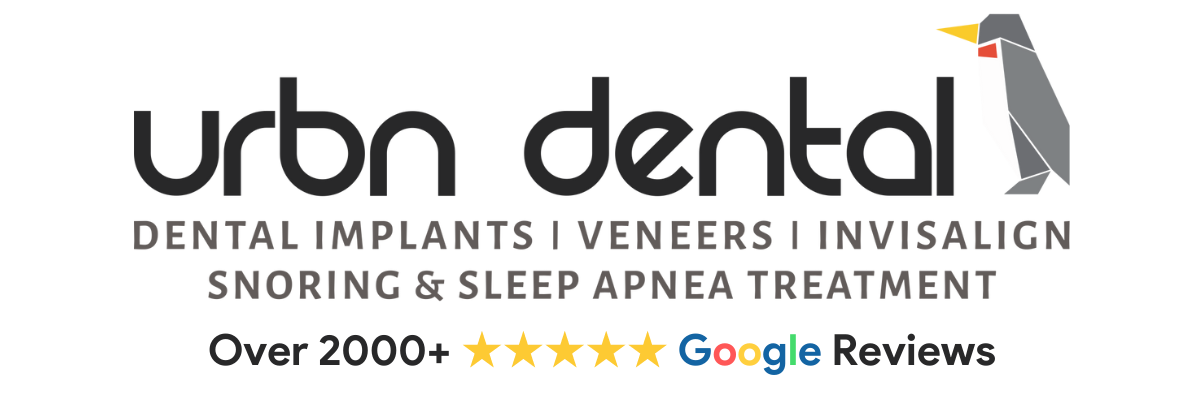In This Article
Why Is Basic Dental Care Important?
To maintain good general dental health and improve your smile and look, it is very important to observe basic dental care. Basic dental care includes brushing and flossing your teeth at least twice daily, visiting the best dentist for dental care, dental cleaning, and check-ups, avoiding habits and lifestyles that may harm your teeth and gums and taking mouth-healthy diets, such as dairy products, fruits and vegetables, diets low in sugar, and foods high in whole grains.
Maintaining basic dental care, following good and proper dental hygiene, and taking proper care of your teeth and gums will help you to avoid dental loss, oral disease, or any other dental problems that may cause pain, embarrassment, and expensive dental treatment.
The following tips and facts will help you develop a good and healthy basic dental care Houston plan.
Understanding the Importance of Basic Dental Care
Basic dental care is very important for the following reasons:
. It prevents dental decay.
. It preserves your teeth and makes them last a lifetime by preventing tooth loss.
. It improves your overall dental health.
. It helps you to maintain whiter teeth by preventing discoloration and staining from food, drinks, and tobacco smoking.
. It prevents bad breath by getting rid of bacteria that may cause bad breath.
. It shortens your visit and/or consultation time to your dentist. It also makes your dental visit a more pleasant one.
. It fortifies the health of your tooth enamel.
. It prevents periodontal (gum disease) disease, which can cause serious damages to your gingival tissues and jawbones that support your teeth.
. It strengthens your overall dental health.
. It saves you money. By preventing dental decay, periodontal disease, and other dental problems, you can save more money on dental treatment and other costly dental procedures.
. It keeps your teeth whiter by reducing stains and
Basic Dental Care to Avoid Dental Problems
Observe the following basic dental care Houston practices to keep your teeth and gums healthy and avoid any likely dental problems:
. Brush your teeth at least twice daily – before food early in the morning and before bed at night. Also, floss your teeth at least twice daily. Doing this will help to remove plaque from your teeth, which can bacterial infection or damage your teeth, gum tissues, and jawbone.
. To brush your teeth, use a toothbrush with moderate bristles and toothpaste that contain fluoride, this will help to prevent dental cavities and tooth decay. Look out for toothpaste that is approved by registered dental bodies. Ask your dentist near me if you would need a mouthwash that contains ingredients that fight plaque or mouthwash with fluoride.
. Avoid diets that are high in sugar. Sugar favors the growth of plaque in your mouth. Ensure you observe good nutrition.
. As much as possible, avoid using tobacco or any tobacco products. Aside from the fact that tobacco can seriously stain your teeth, it can also cause periodontal disease and oral cancer. In fact, passive tobacco smoking (exposure to tobacco smoke) may also cause periodontal disease or other health issues.
. You can clean your tongue using a soft-bristle toothbrush or tongue cleaner. While cleaning your tongue, stroke it in a back-to-front direction.
. Schedule regular visits to the highly recommended dentist for dental care, examinations, and cleaning.
Generally, there are 5 basic dental care practices, which are:
. Brushing your teeth
. Flossing your teeth
. Rinsing your mouth
. Eating the right diets
. Visiting the best dentist for dental care regularly.
Brushing Your Teeth
It is important for you to brush your teeth at least twice daily. If possible, brush your teeth 30mins – 1hr after every meal. Brushing your teeth regularly will help to remove plaque, food chunks, and any bacteria that stick to the teeth. The bacteria in plaques produce acids when they come in contact with food. These acids can cause dental cavities. To effectively brush your teeth:
. Place a pea-size of fluoridated toothpaste on the bristles of your toothbrush.
. Place the toothbrush at an angle of 45 degrees to your gum line against your teeth.
. Move the toothbrush across your teeth in a small circular motion and repeat this multiple times for effective cleaning. Do not press the bristles too hard on your teeth as this can either harm your gum or make the bristles lie flat against the teeth.
. Also, brush across of your premolar and molar (the chewing surfaces). Ensure that the bristles get into the crevices and groves.
. Brush the side of the upper and lower teeth using the same circular motion.
. Brush the inside of and bottom front teeth also in a circular motion.
. Gently brush your tongue also but do not scrub. Brush your tongue from the back to the front. Doing this will help to freshen your breath and remove bacteria build-ups.
. After brushing for about 2 to 3 minutes, rinse your mouth using a mouthwash.
. Whether it’s worn out or not, you need to replace your toothbrush after every 3 to 4 months.
Flossing Your Teeth
Flossing removes food chunks and plaque in-between the teeth, where the brush cannot reach. If you have food chunks or plaque in-between your teeth, they can harden gradually into tartar, which would require the service of a dentist to be removed.
Rinsing Your Mouth
To rinse your mouth, you would need a mouthwash, but not just any kind of mouthwash. Rinse your mouth daily with an antibacterial or antiseptic mouthwash. This helps to kill bacteria build-ups in the plaque that may cause periodontal disease or bad breath. Mouthwash containing fluoride-can help prevent dental decay. Most mouthwashes out there have both fluoride and antibacterial ingredients. Make sure you rinse your mouth for about 30 to 60 seconds for a better result. You can rinse your mouth either before or after brushing and flossing.
Eating Right Diet
If you want to enjoy good general oral health, you need to eat nutritious diets. Avoid diets that are high in sugars and starches as this type of diet produces the most acids, which can damage your teeth. More so, sugary and starchy diets can cause dental decay, especially if you don’t brush immediately after a meal. Avoid foods like:
- Dried raisins and fruits.
- Pies, cakes, and candies.
- Chips, breadsticks, and crackers.
- Sugary gums.
Visiting the Best Emergency Dentist for Dental Care Regularly
Schedule a visit to the bes dentist office near me for dental care twice a year (bi-annually) to have regular and professional dental cleaning and check-ups. You should also visit your dentist if you have any pain or dental issue.
To learn more about basic dental care to keep your teeth and gum healthier, contact us today.


